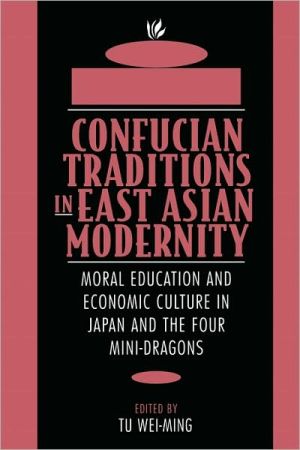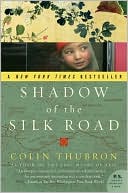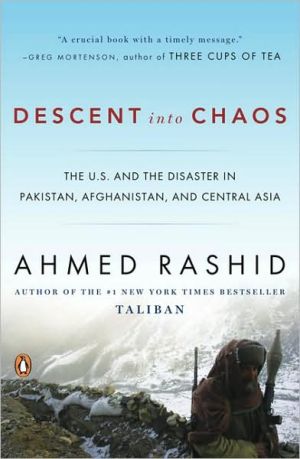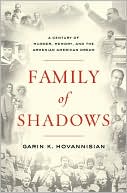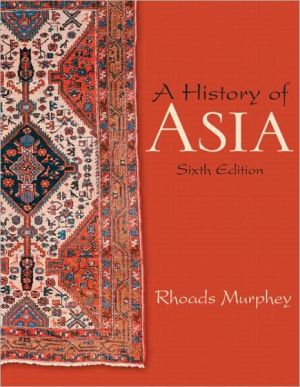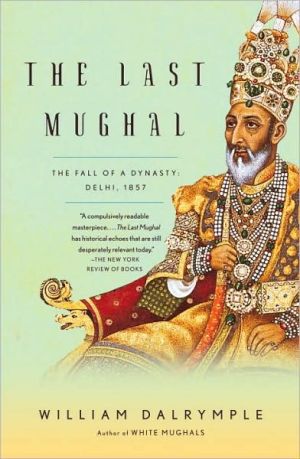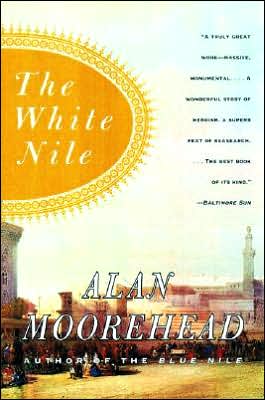Confucian Traditions In East Asian Modernity
How Confucian traditions have shaped styles of being modern in Japan, South Korea, Taiwan, Hong Kong, and Singapore presents a particular challenge to the intellectual community. Explorations of Confucian network capitalism, meritocratic democracy, and liberal education have practical implications for a sense of self, community, economy, and polity.\ Seventeen scholars, of varying fields of study, here bring their differing perspectives to a consideration of the Confucian role in industrial...
Search in google:
How Confucian traditions have shaped styles of being modern in Japan, South Korea, Taiwan, Hong Kong, and Singapore presents a particular challenge to the intellectual community. Explorations of Confucian network capitalism, meritocratic democracy, and liberal education have practical implications for a sense of self, community, economy, and polity.Seventeen scholars, of varying fields of study, here bring their differing perspectives to a consideration of the Confucian role in industrial East Asia. Confucian concerns such as self-cultivation, regulation of the family, social civility, moral education, well-being of the people, governance of the state, and universal peace provide a general framework for the study. The Confucian Problematik—how a fiduciary community can come into being through exemplary teaching and moral transformation—underlies much of the discussion. The contributors question all unexamined assumptions about the rise of industrial East Asia, at the same time exploring the ideas, norms, and values that underlie the moral fabric of East Asian societies.Is Confucian ethics a common discourse in industrial East Asia? The answer varies according to academic discipline, regional specialization, and personal judgment. Although there are conflicting interpretations and diverging perspectives, this study represents the current thinking of some of the most sophisticated minds on this vital and intriguing subject. South East Asia Research [UK] It is its broad sweep which makes this such a thought-provoking book...In terms of the tightness of the editing, the stimulating contributions and the comprehensive notes and index, this is a sophisticated and erudite contribution.— Alastair Dingwall
PrefaceIntroduction11Confucian Education in Premodern East Asia212Reflections on Civil Society and Civility in the Chinese Intellectual Tradition383The Intellectual Heritage of the Confucian Ideal of Ching-shih724Confucian Ideals and the Real World: A Critical Review of Contemporary Neo-Confucian Thought925"They Are Almost the Same as the Ancient Three Dynasties": The West as Seen through Confucian Eyes in Nineteenth-Century Japan1196Confucianism and the Japanese State, 1904-19451327The Japanese (Confucian) Family: The Tradition from the Bottom Up1558Some Observations on the Transformation of Confucianism (and Buddhism) in Japan1759Confucianism in Contemporary Korea19110The Reproduction of Confucian Culture in Contemporary Korea: An Anthropological Study20211State Confucianism and Its Transformation: The Restructuring of the State-Society Relation in Taiwan22812Civil Society in Taiwan: The Confucian Dimension24413The Transformation of Confucianism in the Post-Confucian Era: The Emergence of Rationalistic Traditionalism in Hong Kong26514Promoting Confucianism for Socioeconomic Development: The Singapore Experience27715Confucianism as Political Discourse in Singapore: The Case of an Incomplete Revitalization Movement29416Societal Transformation and the Contribution of Authority Relations and Cooperation Norms in Overseas Chinese Business31017Overseas Chinese Capitalism328Epilogue343Notes351Glossary401Contributors407Index411
\ Asia Pacific Business ReviewAn extremely authoritative and scholarly guide to the question of Confucianism's role as an 'economic culture'...Simply put, no one who is interested in researching the role of Confucian culture in contemporary East Asian economic development can afford to be without it. The scholarship is as impressive in its breadth as its depth. It is impossible, within the framework of a short review, to do justice to the whole volume...Anyone who wants to understand, to teach, or to research the Confucian characteristics of the emergent Pacific Century, will need to read this book. Its breadth of scholarship will challenge all but scholars of the quality that have produced it. The rewards are ample, however. This book will become one of the reference points for contemporary scholarship on the continuing role of popular Confucianism in East Asia.\ — Stewart Clegg\ \ \ \ \ \ Asian AffairsIn this excellent volume, the editor Tu Wei-Ming has brought together one of the best specialist collections of papers on the role and significance of Confucianism in contemporary East Asia. The book's strength lies in three distinct areas: its geographical breadth...its historical depth...and its interdisciplinary mix...[A] rich and complex volume.\ — Roger Goodman\ \ \ \ South East Asia ResearchThis important new book will be of interest to all students of contemporary South East Asia Another major reason for this volume's importance to South East Asian studies lies in the central economic role played by Chinese communities in nearly all South East Asian countries Yet it is its broad sweep which makes this such a thought-provoking book In particular, Thomas Gold's masterful 'Civil society in Taiwan: the Confucian dimension' deserves to become widely read as an example of how Confucianism and autonomous social organizations can co-exist in terms of the tightness of the editing, the stimulating contributions and the comprehensive notes and index, this is a sophisticated and erudite contribution to the debate \ — Alastair Dingwall\ \ \ \ \ \ South East Asia Research [UK]It is its broad sweep which makes this such a thought-provoking book...In terms of the tightness of the editing, the stimulating contributions and the comprehensive notes and index, this is a sophisticated and erudite contribution.\ — Alastair Dingwall\ \ \ \ \ \ The HistorianAware that Confucianism embodies multifarious dimensions and nationalities, and that cultural heritage alone cannot explain complicated socio-political-economic phenomena, the contributors of Confucian Traditions in East Asian Modernity avoid making dogmatic correlation between Confucianism and the failure or success of East Asian modernization. Rather, they 'take the Confucian dimension as the point of entry' for their sophisticated and insightful 'inquiry into the dynamic interplay of intellectual, social, and economic currents in Japan and the Four Mini-Dragons'…This volume is inspirational, informative, and challenging.\ — Pi-ching Hsu\ \ \
